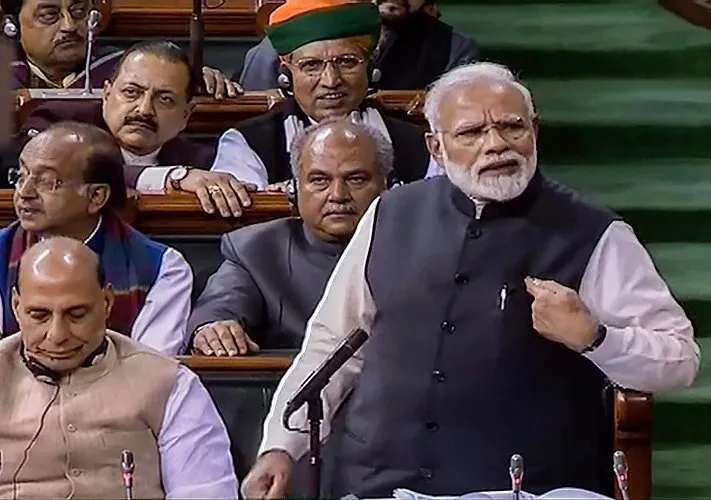BJP’s Focus on Securing Victory in South India
The political atmosphere is charged with anticipation as the Lok Sabha elections approach. The Bharatiya Janata Party (BJP) is aiming for a hat-trick victory, while opposition parties are determined to halt BJP’s winning streak. To counter BJP’s dominance, the opposition has formed the India Alliance. On the other hand, BJP has set a target of winning 400 seats for the NDA this time.
BJP’s Southern Campaign: Strengthening Grip in Hindi Belt to South India
In pursuit of this target, BJP is leaving no stone unturned. After solidifying its hold in the Hindi belt, BJP’s focus now shifts to the southern states. It is believed that to achieve the goal of 400 seats, BJP needs to showcase remarkable performance in the southern Indian states. This is why stalwart leaders of BJP, from PM Modi to Amit Shah, are conducting rallies in southern states to establish their presence and consolidate their support base.
Changing Dynamics in Karnataka
Karnataka presents a unique scenario in South India. Historically, Kerala, Andhra Pradesh, and Tamil Nadu have been states where BJP lacked significant voter support. In the previous elections, BJP had failed to make a mark in these three states. However, Karnataka stands out as a state where BJP emerged as a major political force. Nevertheless, the dynamics have shifted this time around.
Congress Gaining Ground in Karnataka
Recent surveys conducted amidst the election fervor indicate a potential setback for BJP in Karnataka. According to these surveys, BJP might secure around 10 to 12 seats in the upcoming Lok Sabha elections, whereas Congress is poised to win between 12 to 14 seats. Additionally, JD(S) is likely to secure 1 to 2 seats, as per the projections.
BJP’s Previous Sweep in Elections
In the previous elections, BJP had orchestrated a clean sweep in Karnataka. Out of the 28 Lok Sabha seats in Karnataka, BJP had clinched victory in 26 seats in 2019. BJP’s dominance was particularly evident with victories in 25 seats. Meanwhile, Congress and JD(S) were restricted to just 1 seat each.




